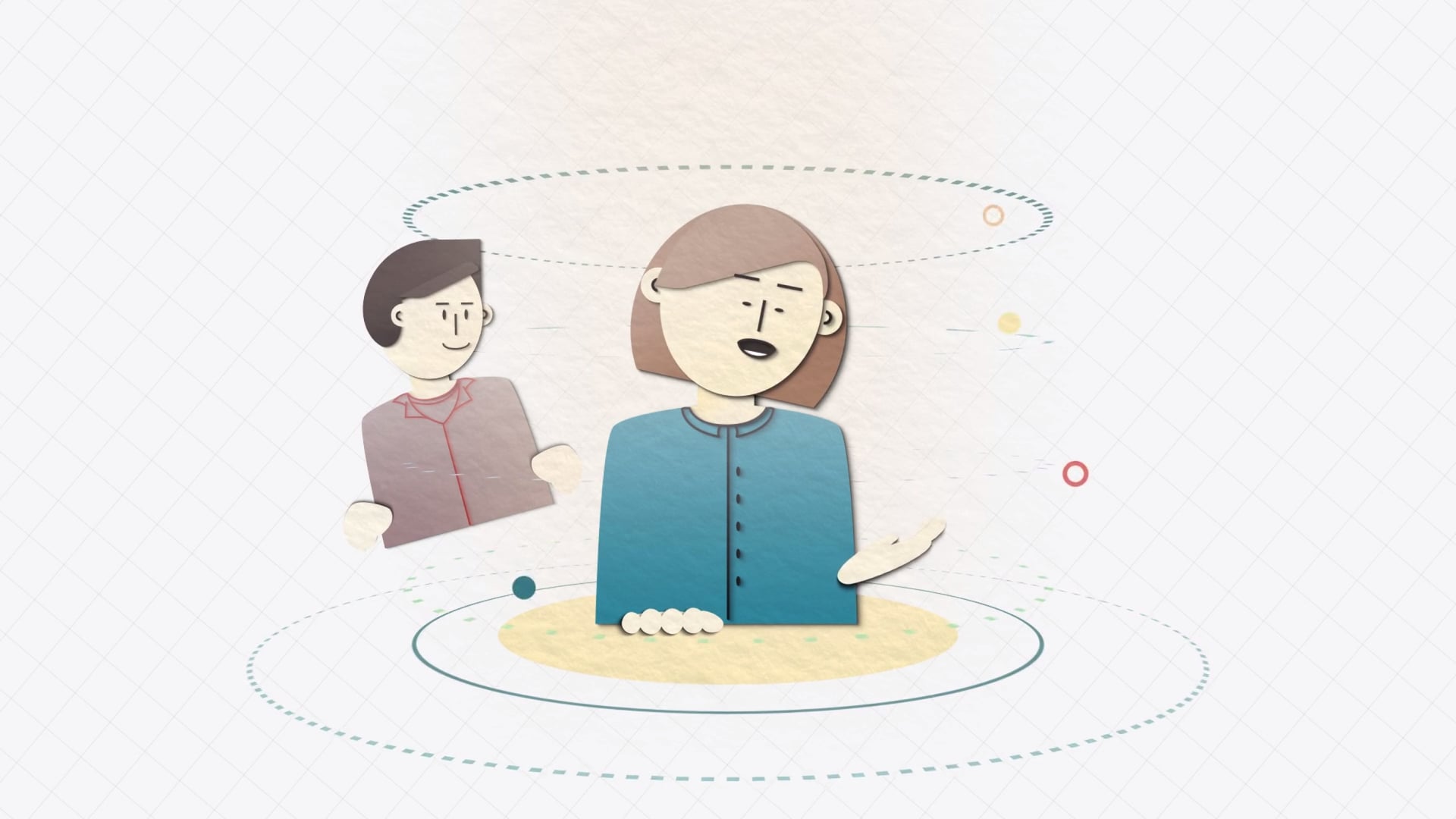
What is MI?
What is Motivational Interviewing? Or MI? If you said to me, capture it in just a few seconds, I'd say something like this, MI is a conversation about behavior change, in which the patient rather than you, sits in the driving seat and talks for themselves about why and how they might change, with you along side as an expert guide. MI started in the addictions field, back in the early 1980s, and over the past 20, 30, 35 years, it has spread into a wide range of fields. This includes mental health, criminal justice, social care, and healthcare. MI has been in health care more or less from the beginning and grew into applications in primary care, hospital care and community care.
With its focus on behavior change, it's therefore, no surprise to find MI being used to address the big four lifestyle changes like diet, exercise, smoking, and drinking, but also medication adherence, dental health. And so today, we find MI being used to support treatment in fields like heart disease and its prevention, respiratory medicine, kidney disease, diabetes, dental health, and the list goes on and on. MI is not just patient-centered practice, sitting back and just listening and letting the patient decide what they want to do, it's actually very active and very purposeful. Critically, MI is not something that's done to or on people like you're applying techniques on them to see bingo whether they change their behavior, rather it's something that's done collaboratively with someone on their behalf.
Finally MI is not unique, it's not like something that's completely different to what you normally do that sits outside of your awareness that we need to help you understand, not at all. MI is rooted in the familiar style of a guide, and this is something that you're going to recognize in a number of places, as this course unfolds. Research on MI, was initiated almost from the beginning. So at this point in time, there are now well over 1,000 controlled trials and a couple of dozen meta-analysis. What does this research tell us? I think it's this, that if you come alongside patients and instead of persuading them to change, you give them the space to purposefully discuss change, it improves outcome.
By learning about the mindset switch and associate tools of MI, in this course, you have the opportunity to make a difference, to both the process and the outcome of consultations, and by process, we're talking about number one, your well-being. Number two, the efficient use of time. Number three, an experience that the patient has in the consultation that is satisfying and worthwhile, and by outcome, we're talking about an active patient who's involved in improving their own health and making a difference in their lives.